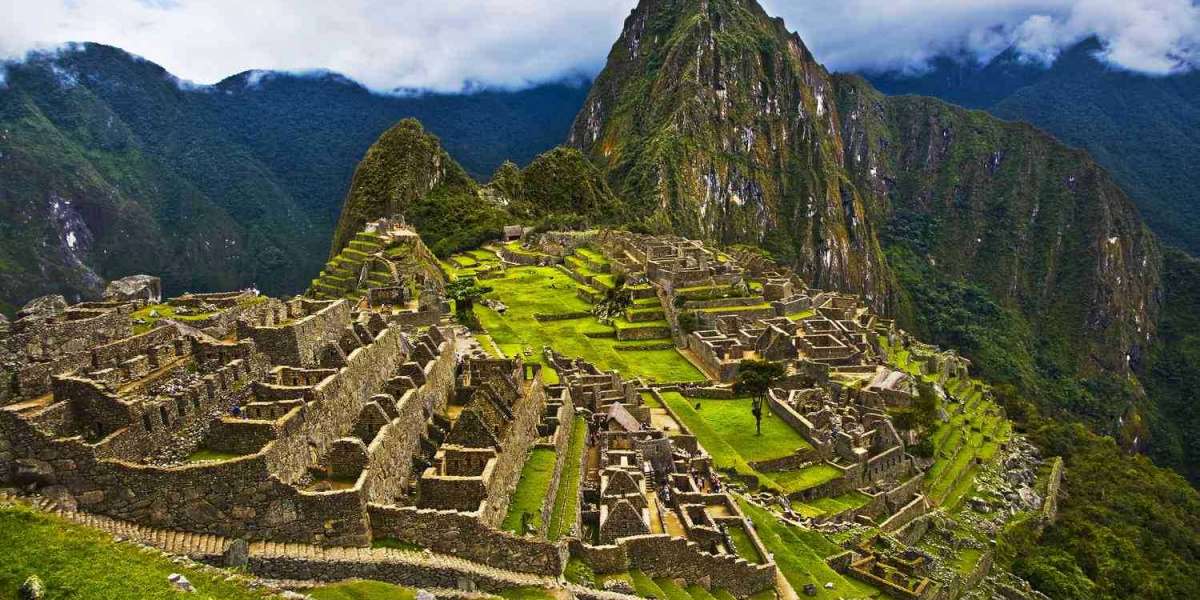Latin America has a rich and complex history that encompasses a wide range of events, from pre-Columbian civilizations to the present day. The following are some of the most important events in the history of Latin America:
Arrival of Christopher Columbus (1492): The arrival of Christopher Columbus marked the beginning of European colonization of the Americas, and had a profound impact on the history of Latin America. It led to the destruction of many indigenous civilizations and the introduction of European culture and institutions.
Spanish conquest of the Aztec and Inca empires (16th century): The conquest of the Aztec and Inca empires by Spanish conquistadors had a significant impact on the history of Latin America, as it led to the establishment of the Spanish colonial empire in the region.
Haitian Revolution (1791-1804): The Haitian Revolution was the first successful slave revolt in history, and led to the establishment of Haiti as the first black republic in the world. It had a profound impact on the struggle for freedom and independence throughout Latin America.
Wars of independence (early 19th century): The wars of independence were a series of conflicts that took place throughout Latin America in the early 19th century, and led to the establishment of independent nations in the region. Key figures in these wars include Simon Bolivar, Jose de San Martin, and Miguel Hidalgo.
Mexican-American War (1846-1848): The Mexican-American War was a conflict between the United States and Mexico that had a significant impact on the history of both countries. It resulted in the annexation of Texas by the United States and the cession of a large portion of Mexico's territory to the United States.
Cuban Revolution (1953-1959): The Cuban Revolution led by Fidel Castro and Che Guevara overthrew the US-backed dictatorship of Fulgencio Batista, and established a socialist government in Cuba. It had a significant impact on the history of Latin America and the Cold War.
Dirty War in Argentina (1976-1983): The Dirty War in Argentina was a period of state terrorism and political repression that resulted in the disappearance of tens of thousands of people. It had a profound impact on the political and social landscape of Argentina and the wider region.
Rise of left-wing governments in Latin America (21st century): The 21st century saw the rise of left-wing governments throughout Latin America, including the election of Hugo Chavez in Venezuela, Evo Morales in Bolivia, and Rafael Correa in Ecuador. These governments implemented social and economic policies aimed at reducing poverty and inequality, and challenged the dominance of the United States in the region.
These are just a few examples of the most important events in the history of Latin America. The region has a rich and complex history that continues to shape its present and future.




Alphonsus Odumu 7 w
Latin American history